The Internet is killing us
But the bigger problem isn't what we (and our kids) are doing on our screens, it's what we're not doing off of them
I’d like for you to read these headlines. I don’t think it’ll be hard to parse the common theme.
Here’s a paragraph from that last piece, by Charlie Warzel in The Atlantic. It’s a description of the scattershot online missive posted by the perpetrator of the Annunciation Catholic School shooting in South Minneapolis.
And I know that I’m gilding the lily, but here’s the most succinct explainer I’ve encountered about what was written on the bullets that killed Charlie Kirk.
I apologize for piling it on, but it’s worth laying out the stakes of the moment. We are currently weathering multiple crises of our own creation, one of which is that across the world (not just in the United States but especially in the United States) people (not just young men but often young men) commit horrific, sensationalistic acts of violence (often mass shootings, sometimes assassinations). And here in the United States, instead of responding to that crisis in any number of reasonable ways (gun control, for example, or a meaningful reckoning with the various class, gender and race based caste systems that prop up our body politic), our government is weaponizing this moment as an excuse to crack down on its political enemies.
And so yes, I’m being pedantic, but that just because I am not a bad faith authoritarian. I am a human being without any formal political power who earnestly wishes that he could help keep us alive. And so it feels important to lay out the patterns here, so that even if our leaders are doing everything they can to hurt rather than help, at least we can identify where our collective agency lies.
It is, of course, not just one thing. It is our gun culture (at least here in the U.S.), and also misinformation, and also the toxic stew of humanity-destroying ideologies ramming against one other like super powered malevolent ions. Yes, yes, yes. And also, just look at those headlines. Virtually every perpetrator of sensationalistic violence was first an active participants in online spaces devoted to promoting and reinforcing steroidal levels of misanthropy and nihilism. Spaces devoted to racism and anti-semitism. Spaces devoted to misogyny, homophobia and transphobia. And most chillingly, spaces solely devoted to the lionization of mass murder itself.
As a parent, this is absolute nightmare fuel. Oh my God it’s so terrifying— the idea that either your or somebody else’s kid could tamp down their heart because another broken soul on Discord or Reddit or TikTok told them that nothing mattered. And to think that’s just one of a million reasons why growing up online feels so impossible (a partial list: depression, cyberbullying, child predators, assorted body image awfulness, just plain old phone addiction, etc.). It’s understandable that a parental backlash has been brewing, to the screens specifically. Yes, I have been told to read The Anxious Generation. A thousand times it feels like. And although I have my quibbles with some of the anti-phone acolytes (Jonathan Haidt specifically rubs me the wrong way, less for the points he makes on this topic than his larger contributions to the anti-DEI Free Press extended universe), I generally agree that we’d all be better if we put the damn devices down more often. Personally, I hate my relationship to my phone, and I look forward to my kids having a better one.
But I think we miss the bigger story when we merely furrow our grown-up brows at how kids are wasting their life in a tailspin of front facing videos and Twitch streams and (at worst) the most inhumane cesspools imaginable. The point isn’t just the screens, it’s what we’re seeking when we log on. And here, I use a word that I’ve deliberately avoided up to this point. Because when a teen idolizes a YouTuber and spends all their time yucking it up in the comment section, or when they stay up late trading stupid memes with friends, or even when they find themselves addicted to message boards where “friends” goad them into embodying the worst versions of themselves, they’re seeking community.
No wonder, by the way. Teens and twenty-somethings seek out community online for the same reason the rest of us do. In its most benign form, the gift of the Internet is that if you have an identity that isn’t welcome where you live, you can find and connect with somebody halfway around the world who makes you feel less alone. You can, theoretically at least, build and organize and learn new skills. And even if life were generally easy for young people right now, of course they’d long to reach out a hand and have it clasped by somebody else. We all do that. There’s a reason why, as soon as my family got an AOL account in the late ‘90s, I immediately gravitated to the chat rooms. There were people there.
But life isn’t easy for teens and young adults right now. The economy is terrible, likely both for their parents and for them. They have already weathered multiple world destabilizing events. They have the highest rates of loneliness of any age cohort. In many cases, the institutions that we traditionally lean on to build social cohesion and belonging are making matters worse. Schools are frequently hyper-competitive and, more often than not, sites where existing societal hierarchies are replicated and deepened. Youth sports have metastasized into a toxic pyramid scheme of high pressure travel teams. In many places, the only thriving faith communities are high control conservative churches where the promise of belonging is deeply conditional.
No wonder young people are searching for community on their phones and gaming consoles. And there’s a profound tragedy here— yes that, once online, we’re all increasingly vulnerable to grifters, salesmen, and algorithms set permanently to “maximum vitriol. “ But even more heartbreaking: That’s not why we first logged on. That’s not why our kids first logged on. We all wanted real community. We were promised real community. We were baited and switched, by billionaire cynics and soul destroying hucksters.
If this sounds like just one more Bowling Alone pitch, well it is. At least in part. But we don’t actually need more people out here talking about third space and civic cohesion. The deep irony of Robert Putnam is for all his contributions to our understanding of the problem, he’s never actually been a practitioner of community himself. When asked about his own civic engagement habits by Lulu Garcia-Navarro of the New York Times, he admitted that. “My wife actually does it. She’s the one who joins things.” A rich text, that sentence.
I share that not as a viral anti-Putnam takedown but because it’s instructive. Friends, it’s far past time to just name the issue. We just have to do it. We need to facilitate and support spaces (yes for ourselves, but urgently, for young people) where we can all learn what community actually takes in practice. By community, I don’t just mean a space where people connect, but where you have to commit to a group of people both as individuals and as a collective. A space that isn’t about saying or believing a single doctrine but about the complicated messy delight of gathering together. A space that welcomes and challenges. A space where the cost of admission isn’t “prove how little you care” but where we experience what it feels like when people outside our nuclear family care for us.
These don’t have to be grand, earth shaking spaces. A teen ceramics club can be a community, as can a non-competitive pickup soccer league or a humble little activist group that goes to protests together. A business co-op definitely can be a community (bring back the Babysitter’s Club!). Teens and young people deserve spaces where they can do anything they love together— cook and skate and game and listen to music and write overwrought poetry and crack each other up— as long as they’re also challenged to make the space one that softens rather than hardens hearts. Does it have to be in person? No. That often helps, but I truly believe (from practice) that virtual spaces can be true communities. Screens create real challenges to connection (think about how many times you’ve checked your email during a Zoom), but human beings can overcome any challenge, as long as it’s named.
This fall, I’ve challenged myself to start building more in-person communities with youth. My first move was volunteering to teach the younger teen class at our Quaker Meeting. I’ve got some other ideas in the works, but that tiny step alone has already been a revelation. Do you know who has incredible insights into this moment in time— what’s frightening about it, how hard it is to trust and be trusted, where they’re finding joy in the meantime? Young people. And you know what else? When they’re challenged to build and sustain a space that feels better than school— less toxic, more welcoming, more vulnerable— they rise to the occasion. You should see our teen room. It’s the best third space in town, merely because we took the time to build it together.
We don’t all have the same situations. You may be in a place and a stage of your life where helping support young people’s attempts to find community feels accessible and easy. You may have a direct connection from a school setting, or your neighborhood, or another community organization. If so, don’t overthink it. Just listen to the young people in your life about what kind of space they’re craving and help give it oxygen. If that doesn’t feel like your reality right now, I understand, but encourage you to keep an eye out. It’s one thing to bemoan the road that kids these days are walking, it’s another to pay attention to where it might intersect yours.
As for young people reading this, first off thank you. Secondly, know that there is value in naming the spaces you truly crave right now. With your peers, for sure, but also with elders in your life. I have a suspicion that you’ll discover that you’re not the only one who’d like to make your aspiration come true. We are far less lonely than we imagine ourselves to be, but we’ll never know for sure if we don’t take the risk of dreaming out loud.
Right now, in the U.S. at least, our government seems hell bent on making caring for each other increasingly impossible. But it can’t stop us from reaching out. It can’t kill that part of our hearts. Just because we’ve been sold a false bill of goods doesn’t mean we need to buy it. The worst people in the world are peddling hate and abnegation of our shared humanity. But that’s not what we want. That’s not what we grow up wanting. We just want to be safe. We just want to be needed. We just want to be together.
End notes:
YOU’RE GOING TO GET ANOTHER EMAIL FROM ME THIS WEEK WITH A VERY EXCITING ANNOUNCEMENT! (Note: I am not good at teasing things; apparently I think you do it by yelling?).
I bet some of you would like help as you try to build community (intergenerational or not). I get it! That’s why I offer free trainings on how to do that. And we’re gonna have a new round coming up soon— two hour virtual classes on how to build community. Dates announced next week. Hop on the interest list and you’ll be the first to know.
Speaking of being able to offer free classes. I’d very much appreciate if you could support this work. I’m a dad fitting in a full time job writing and organizing and helping others build community while my kids are at school and after they go to bed. I’ve been lucky to have a number of you to raise your hands and help out, but because money is a stretch for a lot of folks, every week a certain percentage of subscribers need to take a break (understandable). Would a few more of you be able to take a shift? Thanks for considering.
On the topic of perks for subscribers, if you haven’t checked out Friday’s community discussion I highly recommend it, not just because people’s contributions were lovely but there’s also a link in there for our merchandise raffle. Shirts that say “love harder than the fascists can hate?” Hats that say “POTLUCKS!” Do I need to say more? Raffle closes Friday! Get in there!
Oh, and yes that exciting announcement that I teased in all caps above might also include a good reason to become a paid subscriber.
There’s still time to register for the solidarity fast for Gaza with myself and a number of lovely members of The White Pages Community next week. We still have spots on our “team” if you’d like to join us [and if you have questions, the registration website has great answers, for instance about whether you can do it if you’re not a parent (absolutely) as well as accommodations with people who can’t fast for reasons such as health, ED history, etc.].



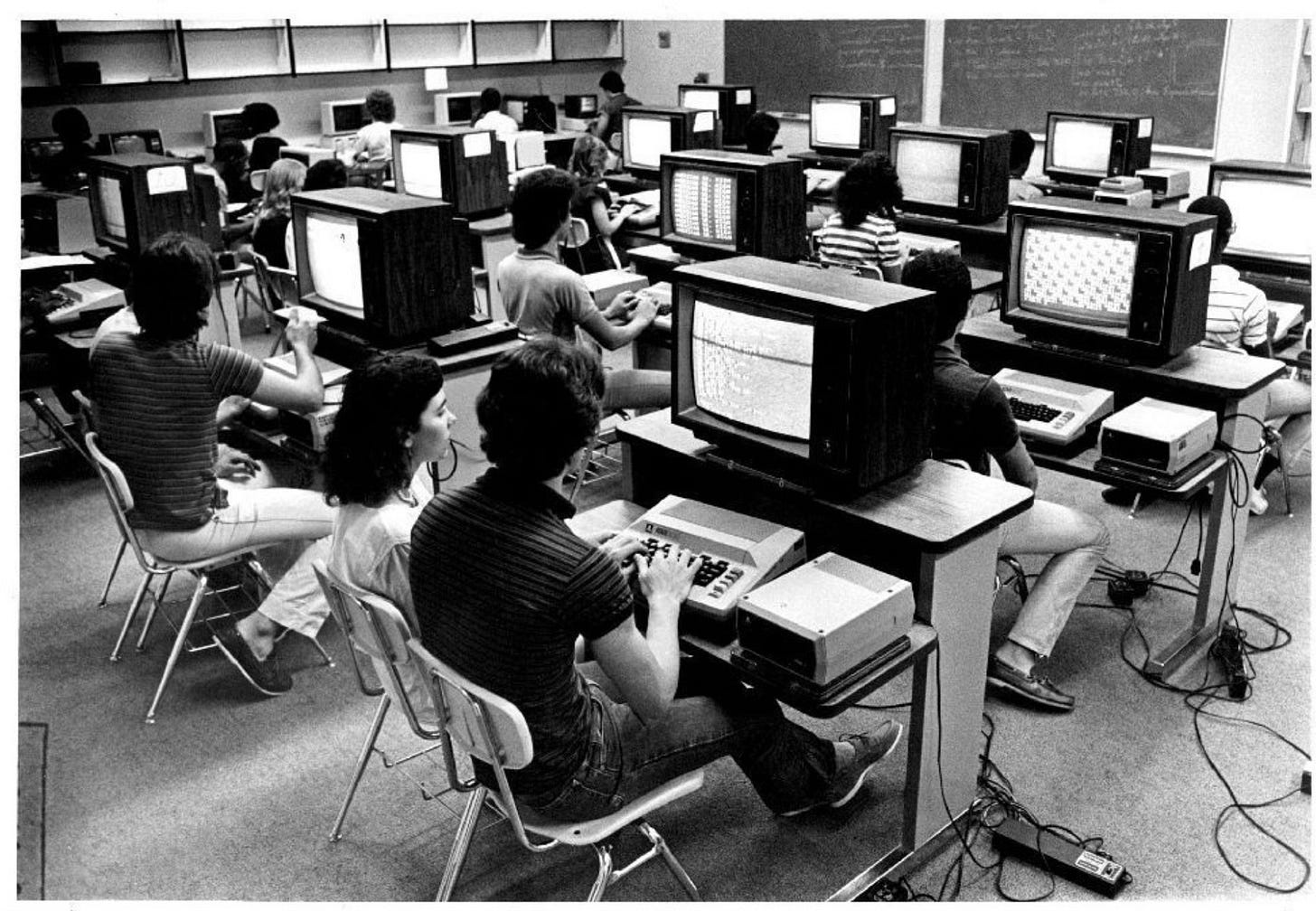

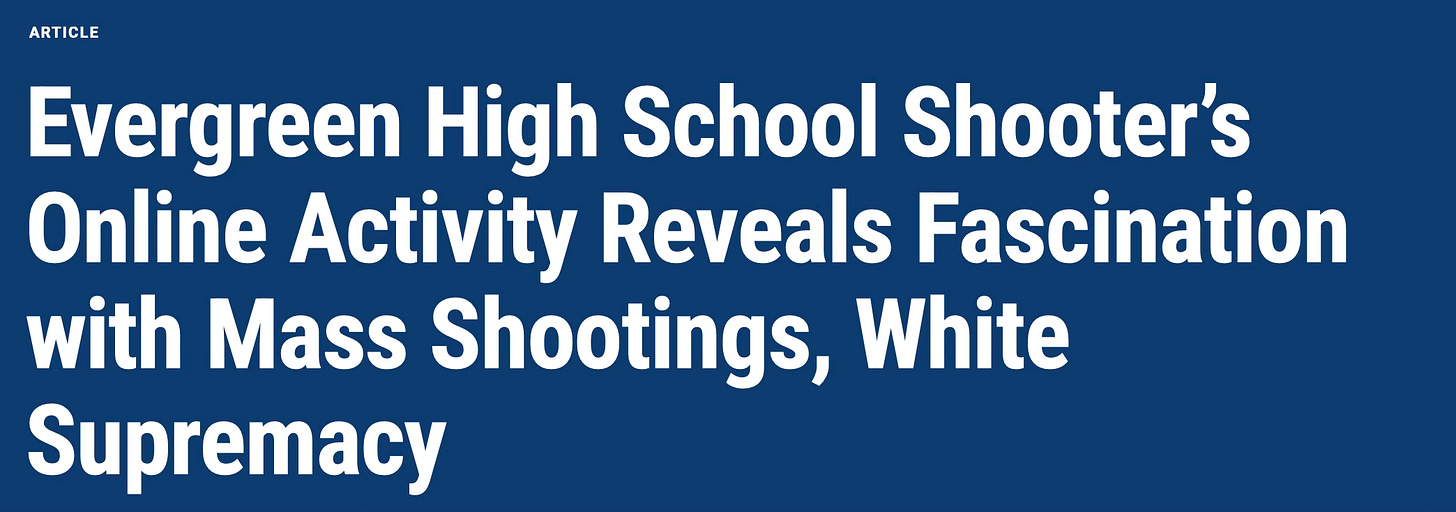
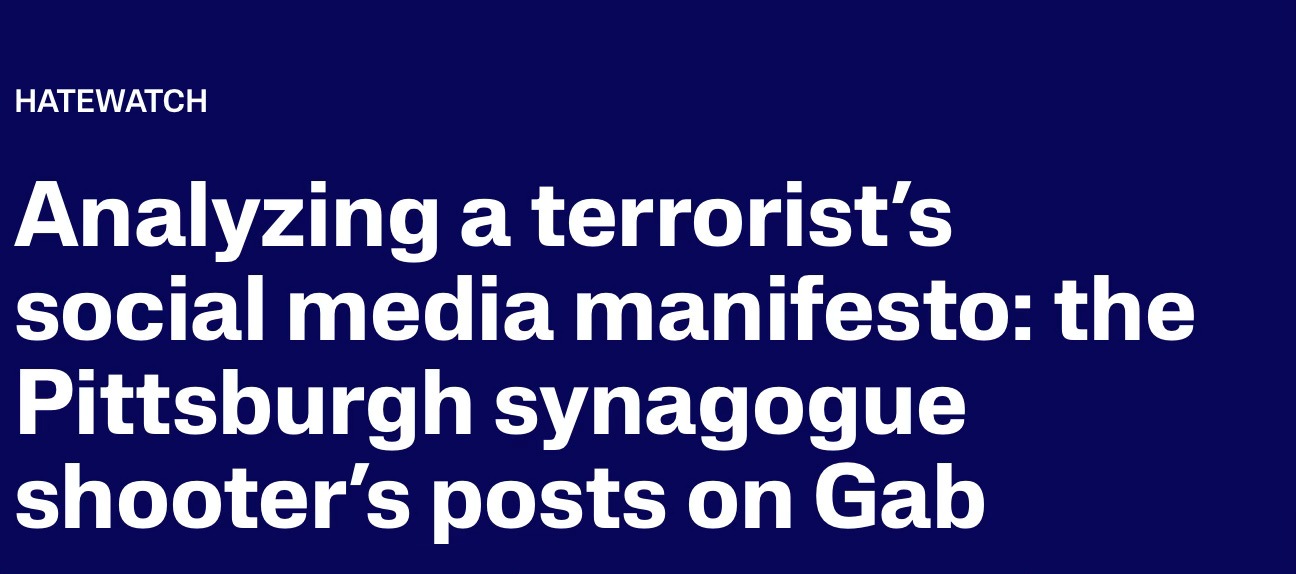

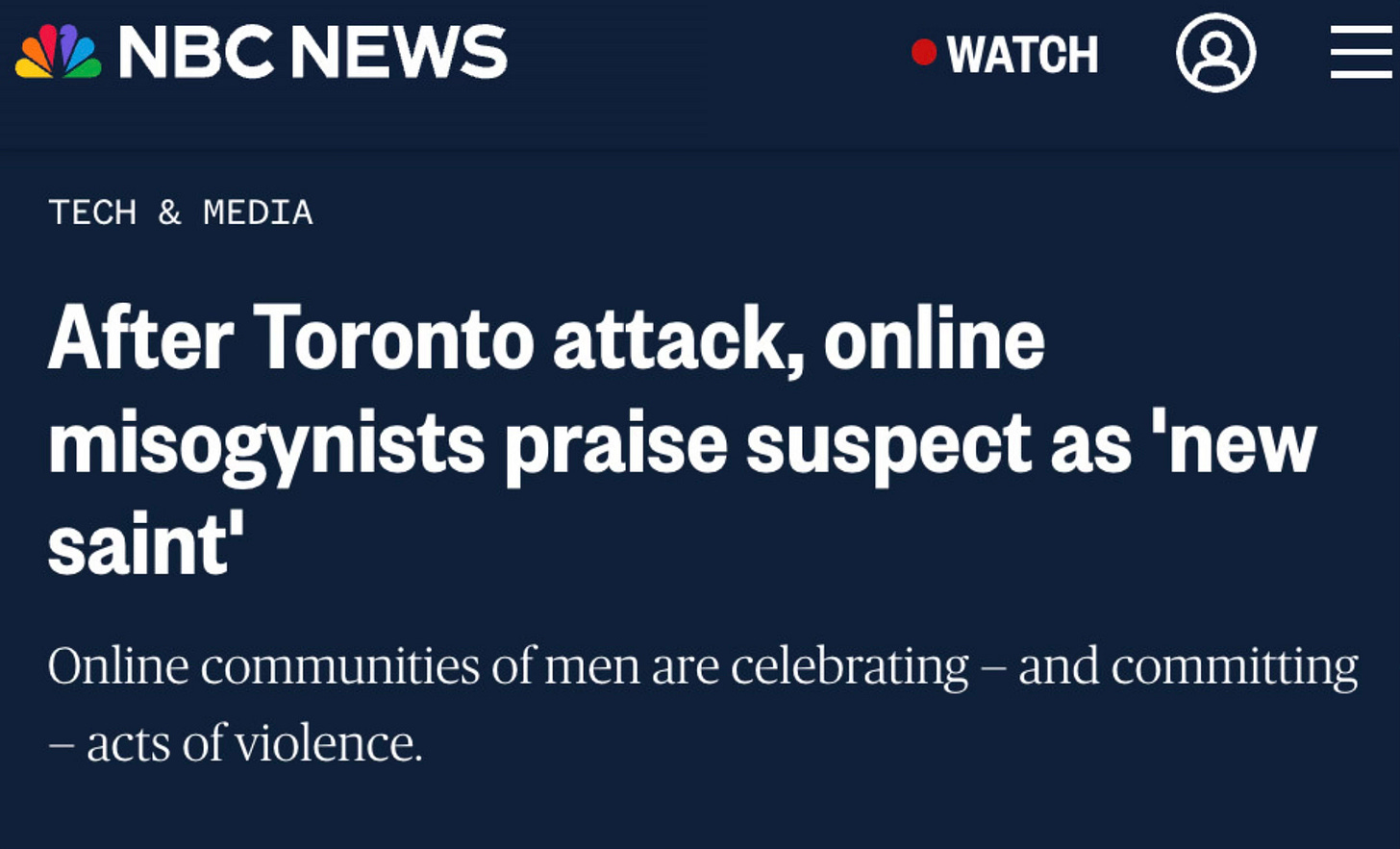
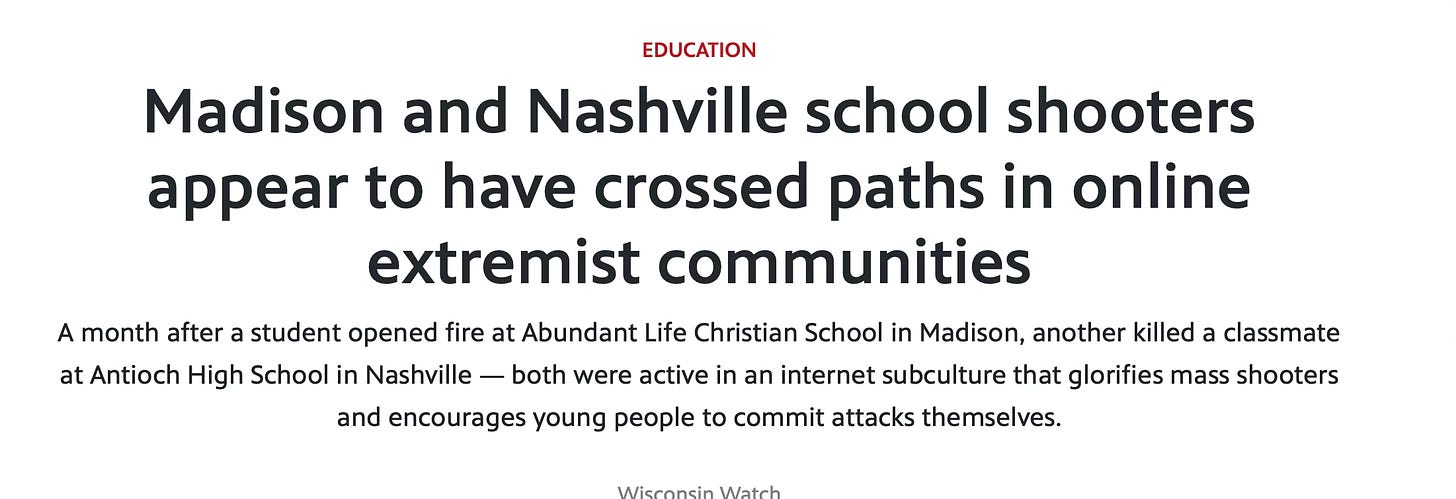
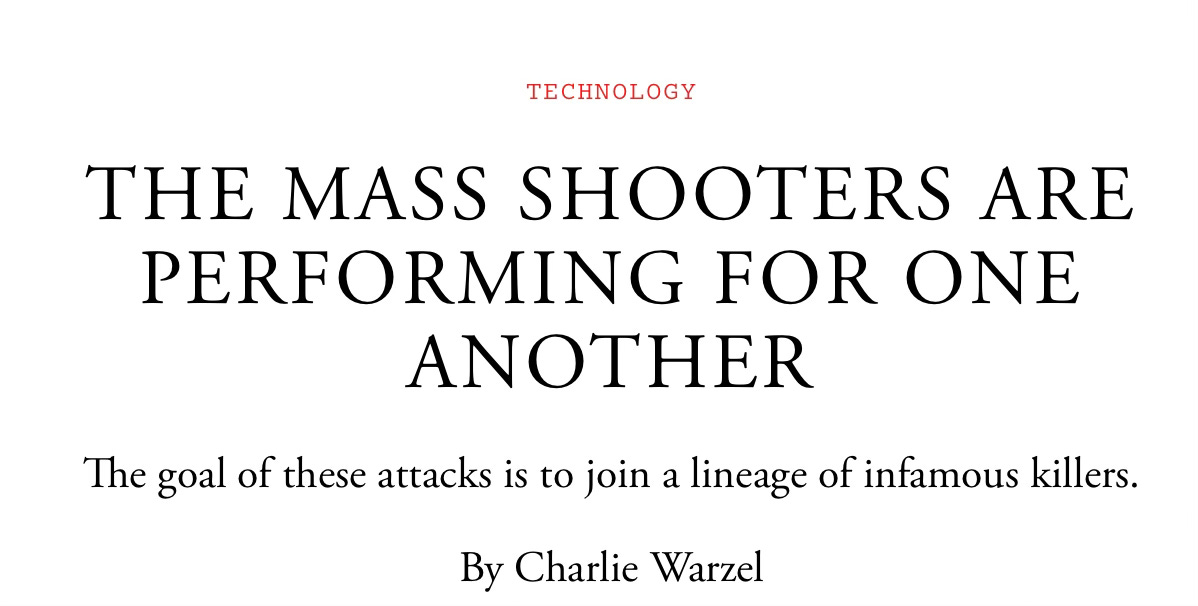
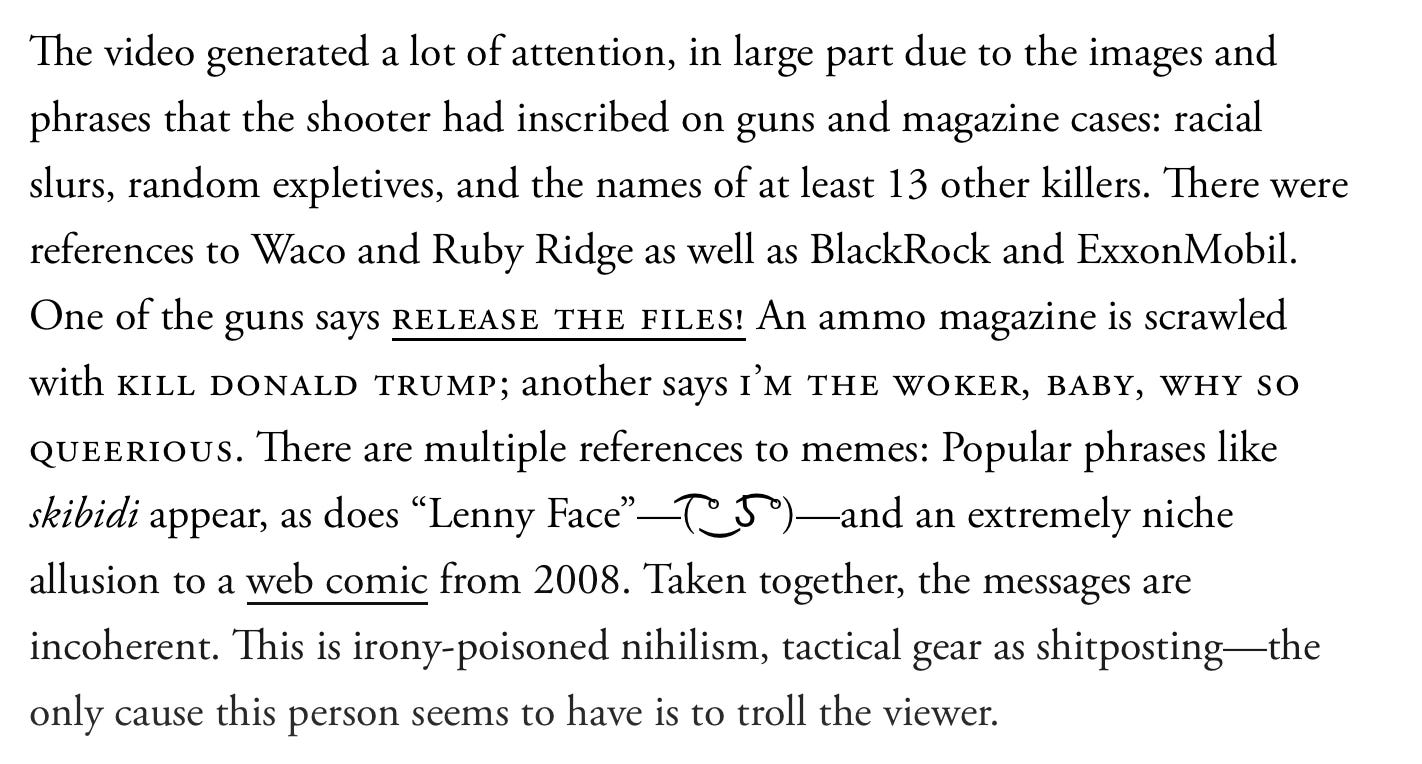
Months (?) ago I came across a quote that made me think of you, Garrett, and this seems to be as good a time to share it as any. I shared it with my mom following a rant she went on about Business Meeting recently, and her response was a sighing sort of, Amen!
"Community is built by doing inconvenient things with inconvenient people at inconvenient times."- Jody Day, Living the Life Unexpected.
Like many of us, I suspect, increasingly I like the idea of community more than the reality of it. It's so messy and inconvenient and uncomfortable and often boring or irksome, which isn't to suggest that it isn't also often joyful and fun and surprising and enlivening. But we have become so used to being able to retreat-- into our phones, behind the walls of our houses-- in the face of anything uncomfortable that we've thrown the baby out with the bathwater. When was the last time we just sat on our porch steps, smiled at passersby, and waved to the neighbors? When was the last time we struck up a random conversation in a line while waiting anywhere, really? Sometimes I feel like the first best step might just be to embrace those things again. Put yourself outside-- in your yard, on your porch, in a park, on a bench-- just to hang out and see what happens. Keep your phone in your pocket while waiting in any line and just observe people. Smile at random old ladies. Complement people's dogs or their outfits. Comment on the weather. Let it be awkward. Resist the retreat.
This is a wonderful piece that reminds me that the time I'm spending in my current volunteer role helping build spaces for young people in scouting is important.
We are currently in the middle of redeveloping a program with an eye on making it more inclusive and intentionally building a space where primarily young people can connect and develop more meaningful friendships. It's a change from what was done previously, and because of that, the blowback from traditionalists has been intense, but this is reinforcing why I need to maintain that courage and move forward with the work.
I'm going to share this with a colleague in the committee we both sit on.